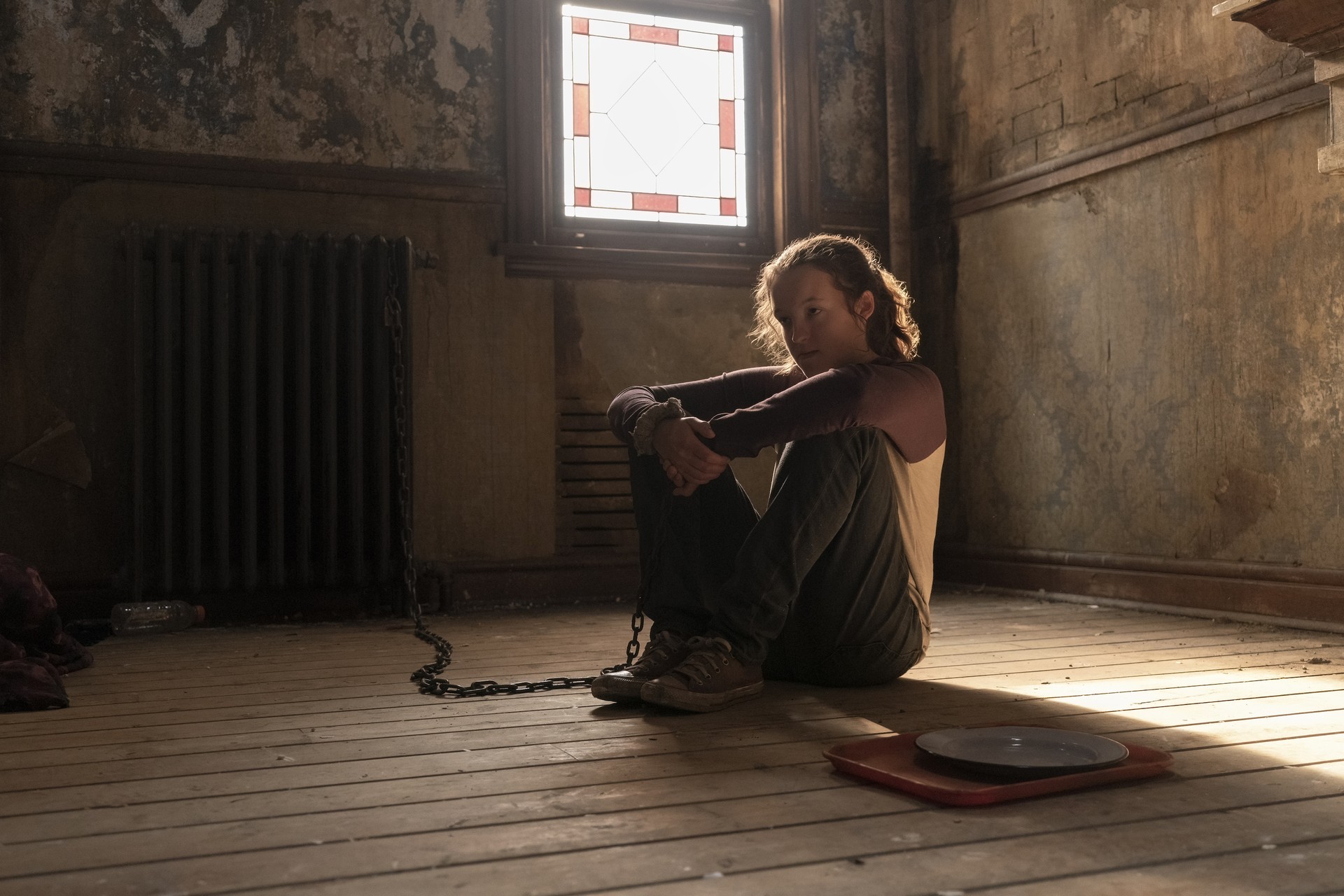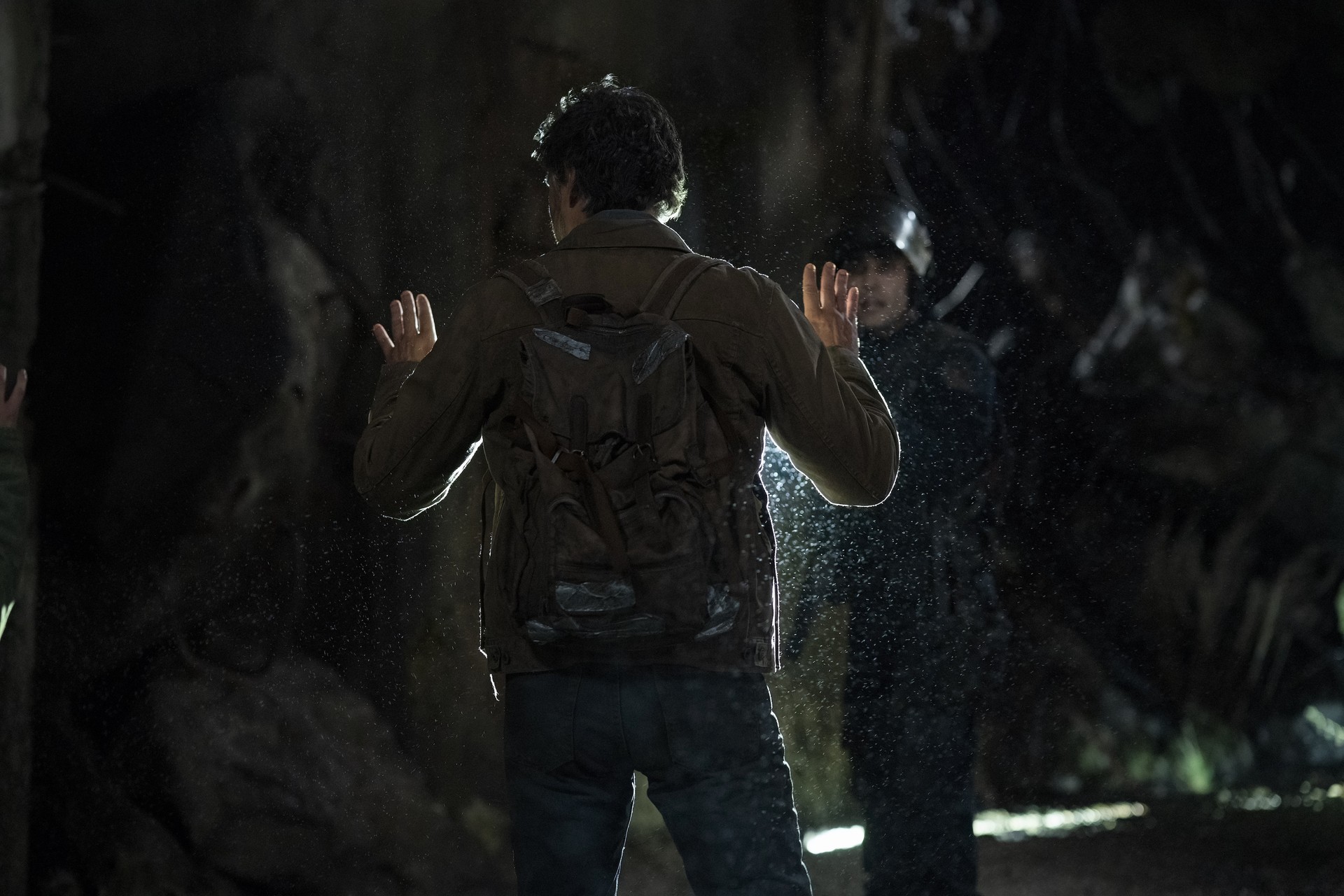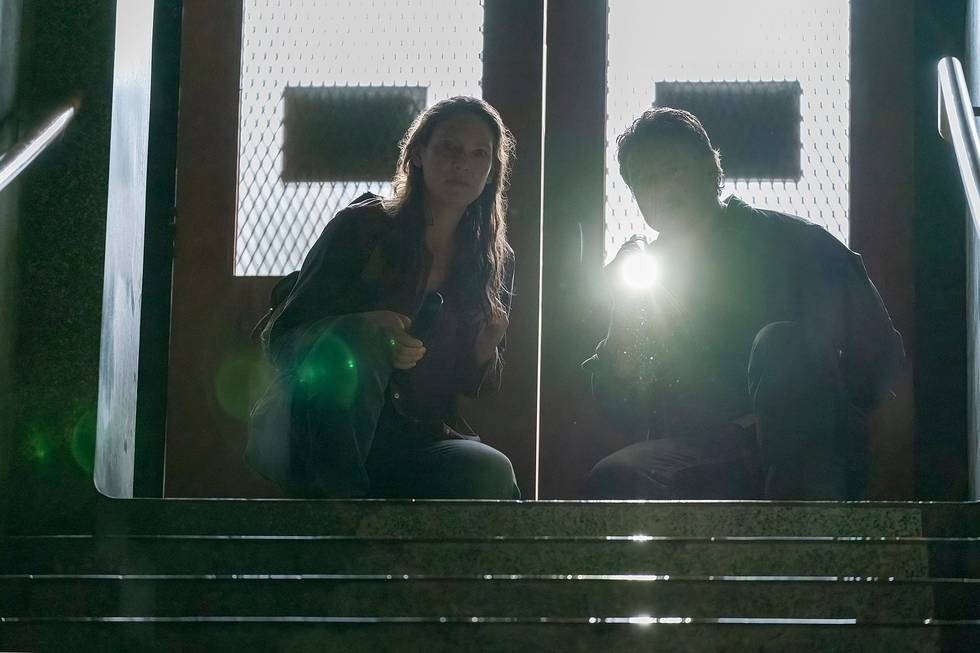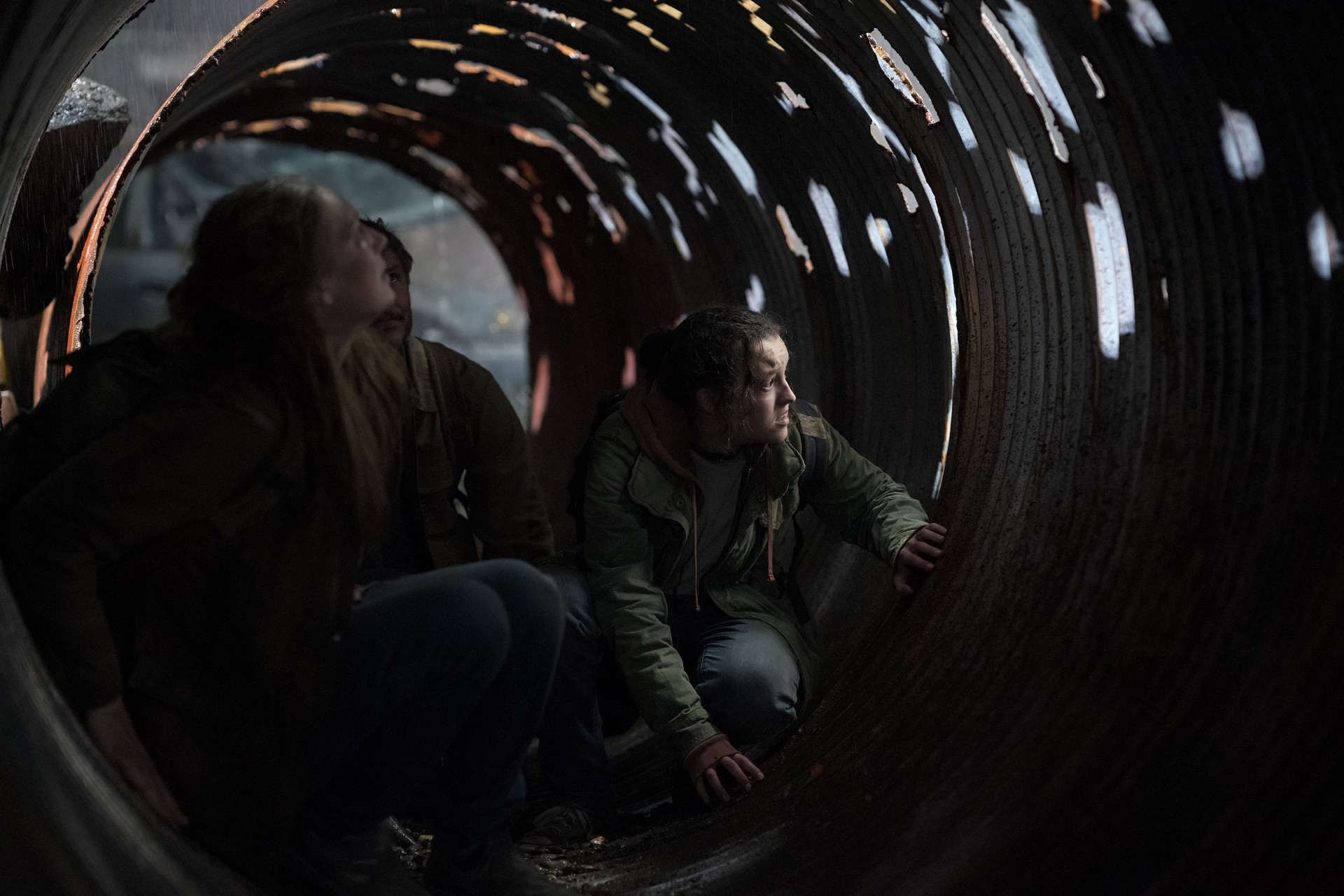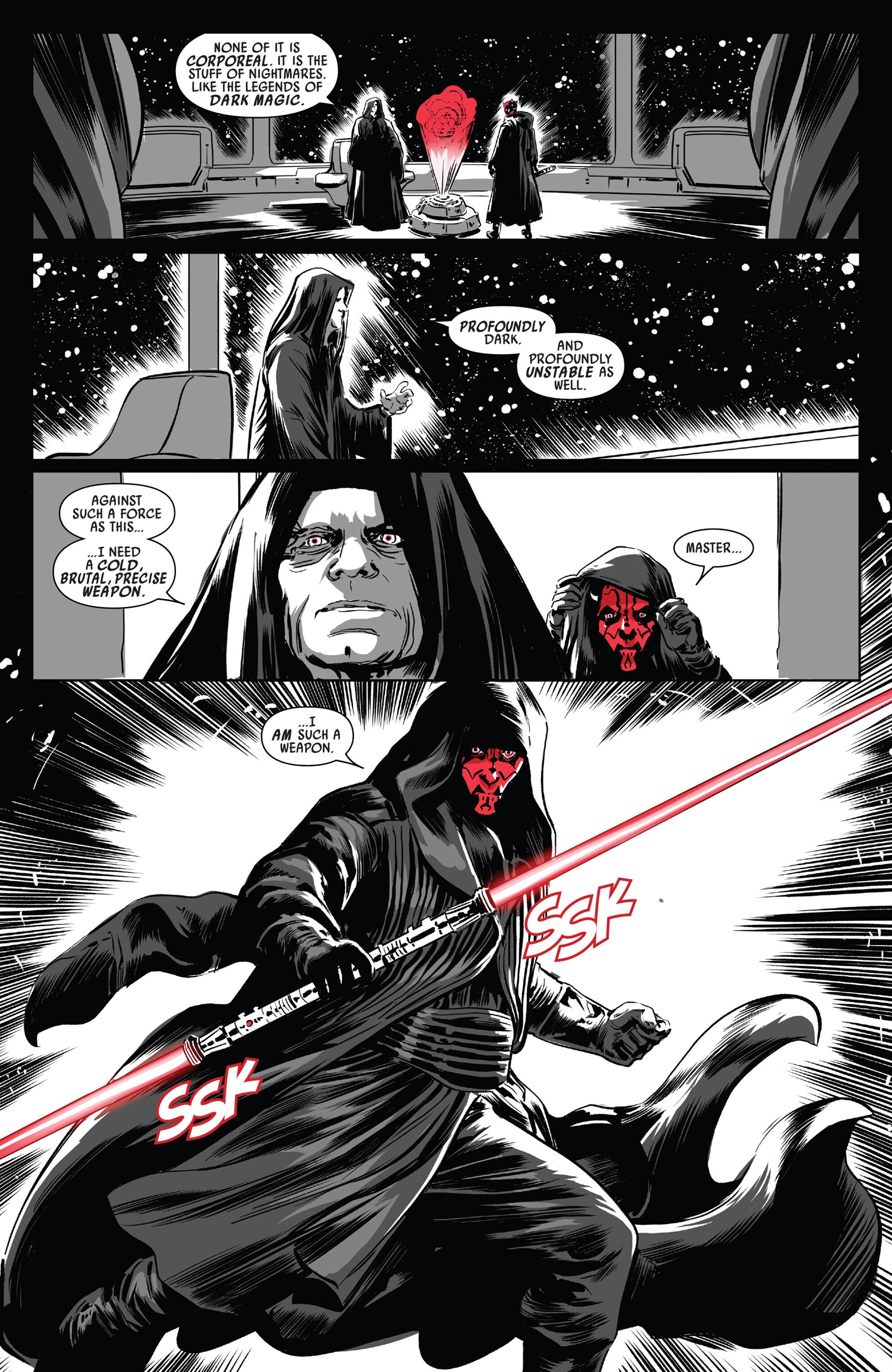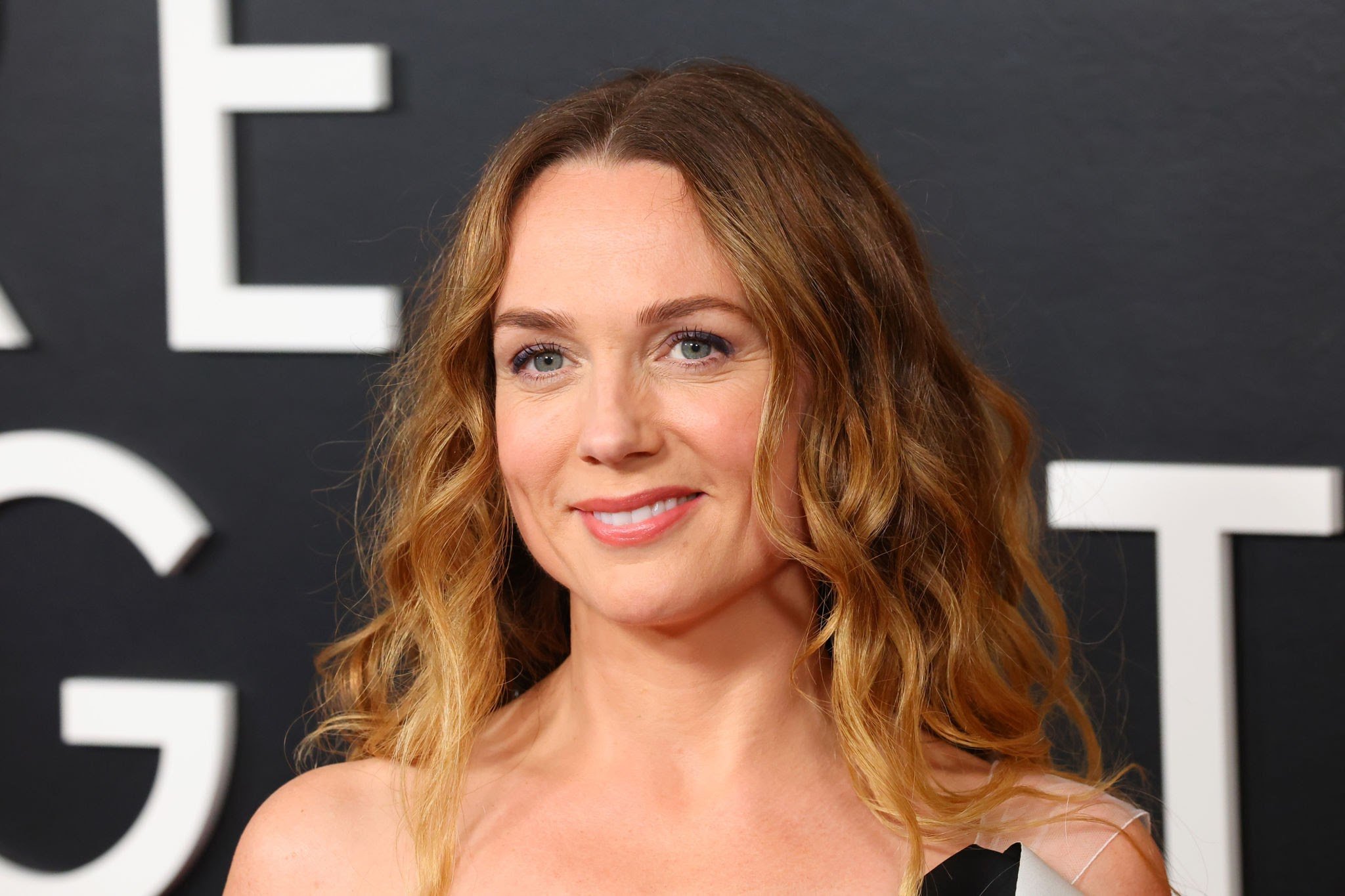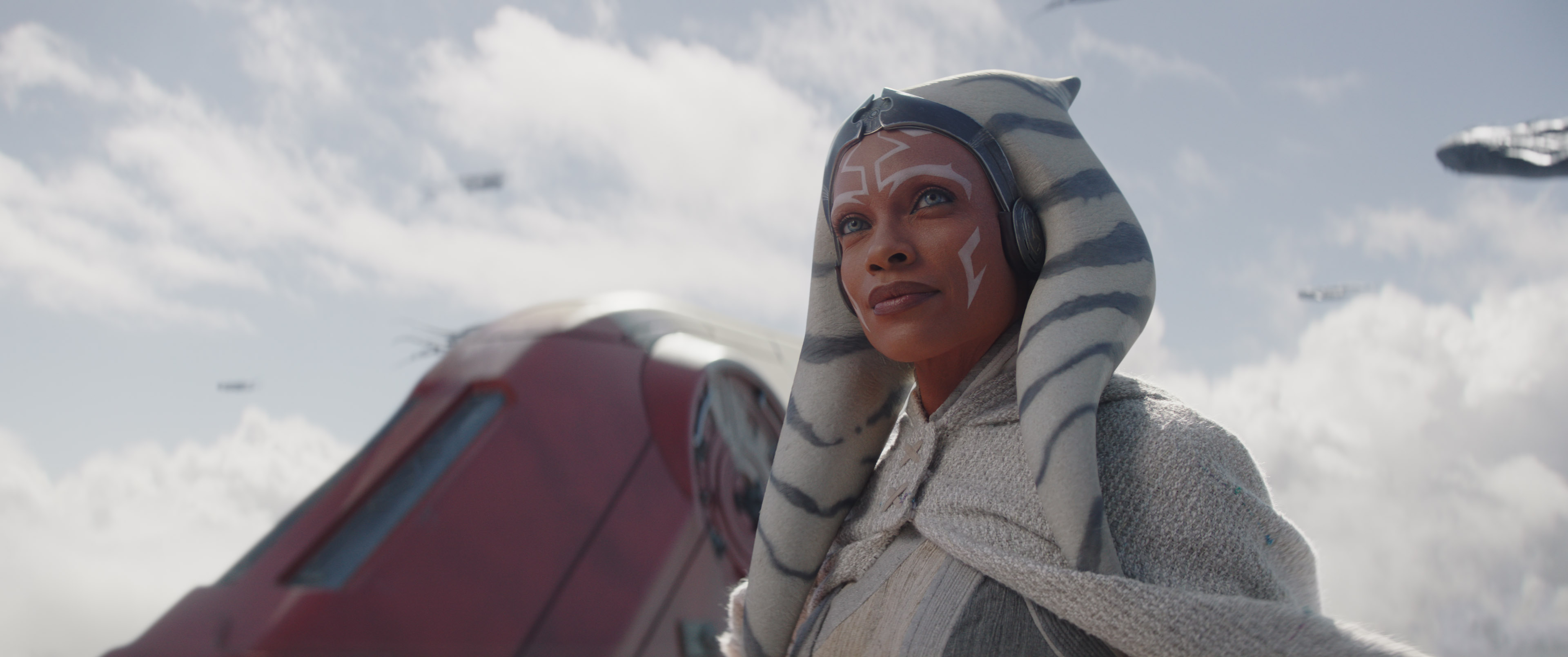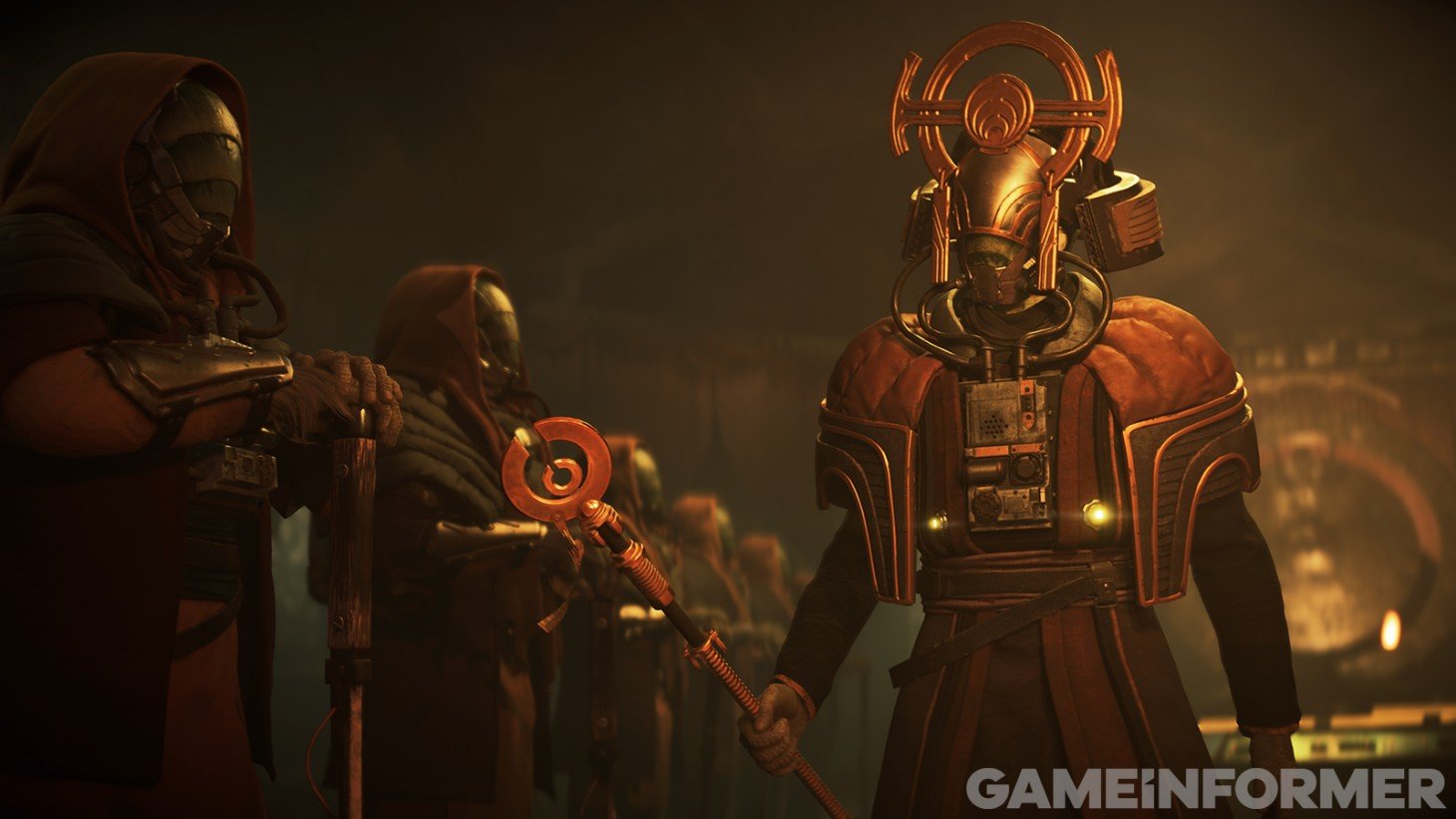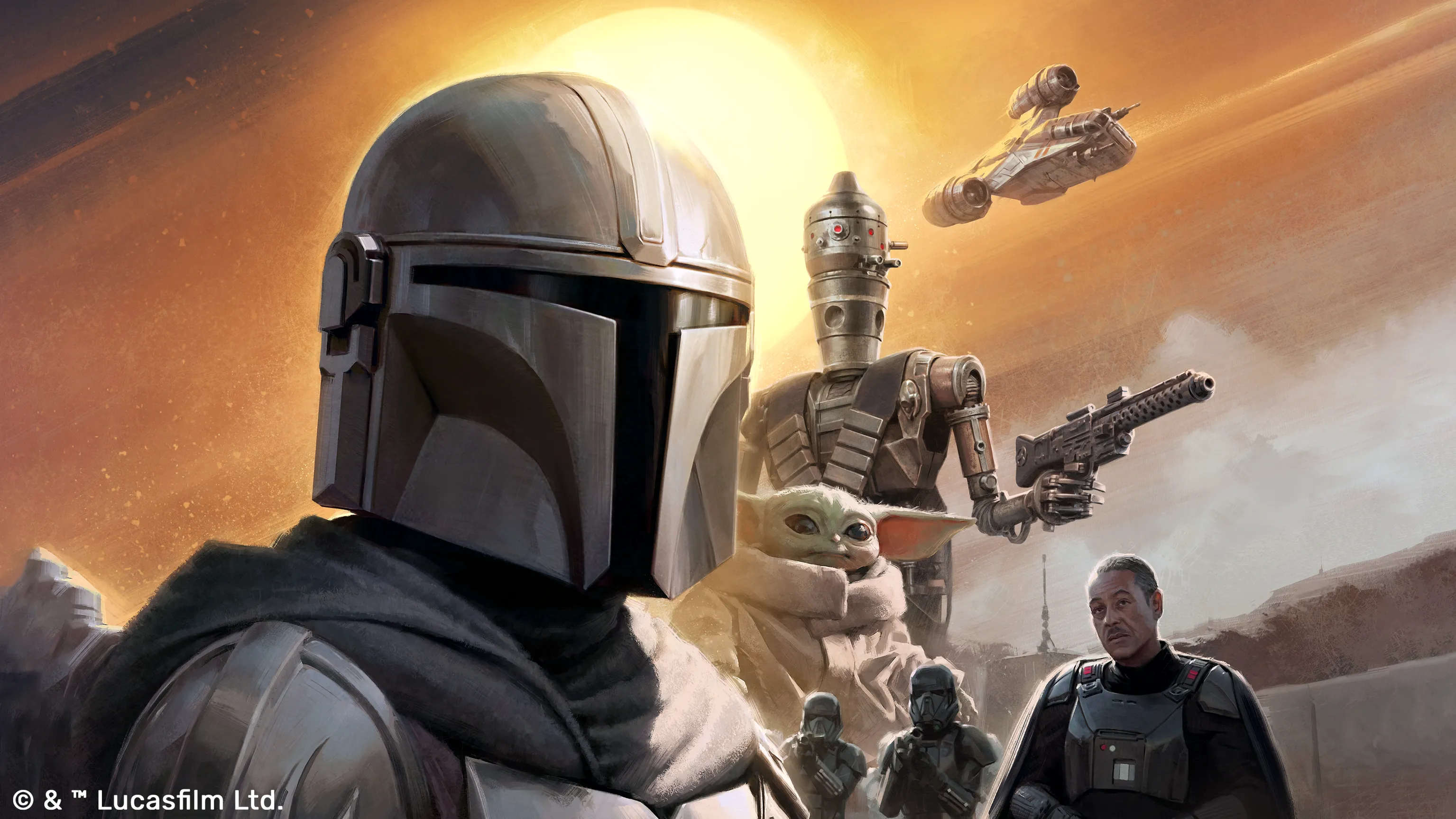‘The Last of Us’ Episode 1 Review: The Ultimate Argument for Streaming Versus Theatrical
The “video game adaptation curse” and when it will be broken has been the topic of an endless amount of articles and videos over the years; many have been pointing to HBO’s The Last of Us as the one that will finally crack the code, and weirdly enough, Neil Druckmann’s adaptation of his beloved 2013 game isn’t concerned with it in the slightest.
As soon as HBO was announced to be developing the story as a live-action series, we knew we were in for something different. Craig Mazin was brought on board as co-creator alongside Druckmann in one of the smartest hirings in recent television memory, on the heels of his critically-acclaimed, nerve-wracking, and extremely emotional Chernobyl, the series that managed to turn down the conversation on Game of Thrones‘ final season during the early days of summer 2021. We find out exactly why just as the first episode starts.
Going into The Last of Us, I had not played the video game, so my knowledge of the story is restricted to basic pop culture talk surrounding it. Everything I’d heard about it sounded very reminiscent of Alfonso Cuarón’s Children of Men, a comparison that proved to be right in more than one aspect in the first episode, including a direct homage to the film’s iconic one-take car sequence. In one of the most nail-biting openings for a television pilot I can remember, Mazin and Druckmann (both co-writers on the episode) introduce the idea of why the series is so relevant to today’s world while carefully explaining why it will be so important 20 years from now.
During March and April of 2020, I remember finding myself thinking about Chernobyl and how its depiction of the Soviet Union during and after the nuclear plant disaster sketched a perfect representation of what it felt to be in the middle of a pandemic, even before Mazin knew what that was like. Mazin, as the director of the pilot episode (Kantemir Balágov left due to creative differences), applied everything he learned during Chernobyl and living through the pandemic to the first act of the episode, including the cold open. Moreover, they were sure to remind us that, while COVID-19 might be over, the dangers of a warming Earth are far greater than we can imagine.
But The Last of Us goes well beyond global pandemics and instead puts a purely human story at the very center of it all. A story of survival and family. The first episode, with its 80-minute runtime, is an almost definitive argument in the endless discussion between the power of longform storytelling and theatrical feature films. By the time the credits roll, we feel like we’ve already embarked on a journey, yet at the same time, this is only the beginning. I’ve never been more relieved that a feature film adaptation was scrapped and turned into a streaming series.
Craig Mazin put characters and emotion at the very center of every single scene of the first episode, all of them carefully crafted to pull the audience in and see the world from their point of view. The first act is truly the ultimate example of “something feels odd, but I can’t put my finger on what”, a masterclass in writing and directing; the third act is the definitive payoff that sacrificed flashy action sequences for poignant attachment to the characters plus an intellectual hook to the story.
Spoilers ahead for The Last of Us episode 1, When You’re Lost in the Darkness.
The first act of the episode, set in 2003, had a very interesting challenge to pull off. Obviously, players of the game know what’s coming their way, but even those who are not familiar with every story detail — like me — are aware that the two main characters in the story are Pedro Pascal’s Joel and a teenage girl named Ellie (Bella Ramsey). This makes Nico Parker’s Sarah, Joel’s daughter, a likely candidate to not make it past the beginning of the outbreak. How can we handle this situation then? “Let’s make her the main character of the beginning story”, said Mazin/Druckmann.
That was genius. Character comes first here, and the way they did it, we feel her death as if she was our own daughter, making us instantly relate to Joel. Parker was an electric presence on screen, a key element to pulling off that strategy — in fact, she was so good that we also immediately relate to Joel when he rejects Ellie right away. He is not thinking “she is no Sarah”, but we are.
The second act of the episode, starting with the time jump and ending when Joel and Ellie finally meet, was the weakest part of the episode (though never actually weak). There is a lot of establishing to do and not much story development, which dragged the pace a bit. Joel has now given up on any dreams of going back to what life once was (a feeling many had during the pandemic), and is doing his best to survive; well, now he’s looking for a car battery to save his brother (Gabriel Luna). He’s not a morally righteous guy anymore, and he and Tess (Anna Torv) are willing to go the extra mile, whatever that means.
The two of them are essentially trying to stay away from an ongoing fight between the Fireflies (the stand-ins for the Resistance or the Rebel Alliance in the Star Wars galaxy) and FEDRA, the Federal Disaster Response Administration (also known as the Empire). The latter have taken over “The Last of Them” through the use of military action and strict confinement to try to keep the outbreak under control, while the former are fighting to restore some sense of normalcy by installing a democracy, or at least, a fairer system of government. And they might have just discovered the key to success: the vaccine that could potentially end the pandemic — she’s called Ellie.
We don’t really learn why she’s so important until the very end of the episode, but we can put two and two together, and drawing parallels to Children of Men, we can read between the lines. This didn’t make the reveal any less special, though, even if Tess might have accepted it too quickly (I’m foreseeing some apprehension on her end throughout the entire next episode). Speaking of accepting things too quickly, Joel’s decision to risk his life to smuggle Ellie also felt a bit rushed yet forgivable after such an outstanding episode.
I am typically someone who is good with waiting an entire week to get the next chapter of a story, an eternal defender of the week-by-week release strategy. This means I know a show has actually delivered when I actually find myself counting the hours until the next episode drops, and already freeing up time in my schedule to rewatch When You’re Lost in the Darkness just so I can revisit this world and these characters once more. This does not happen often.
The Last of Us is not a unique nor wholly original story; having Pedro Pascal as a renegade fighter being saved on the inside by a child who he’s trying to save on the outside is not even unique to the first three months of 2023. But its approach, care, and meticulous crafting make the first episode one of the best pilots in recent TV memory, and there is no reason to think that any of the episodes that will follow are going to be any less than that.
New episodes of The Last of Us will premiere on HBO on Sunday nights and will be available to stream on HBO Max right after.
Miguel Fernández is a Spanish student that has movies as his second passion in life. His favorite movie of all time is The Lord of the Rings, but he is also a huge Star Wars fan. However, fantasy movies are not his only cup of tea, as authors like Scorsese, Fincher, Kubrick or Hitchcock have been an obsession for him since he started to understand the language of filmmaking. He is that guy who will watch a black and white movie, just because it is in black and white.

